.png)
HSE Outranks Russian Universities in 10 QS Subject Rankings
This year, HSE University has entered four additional QS World University Rankings by Subject, thereby bringing its grand total of represented broad and specific subject areas to 23. HSE ranks in 19 of the 38 subject rankings that include Russian universities, as well as in four of the ranking’s five broad subject areas. HSE is among the world’s top 100 universities in five subjects, including History and Social Policy & Administration, where it has entered the rankings for the first time.

Two HSE Teams Advance to Regional Level Competition of CFA Institute Research Challenge
If one of the HSE teams wins the regional level competition, it will advance to the Challenge’s global level competition. HSE News Service spoke with HSE students about how the local round went.
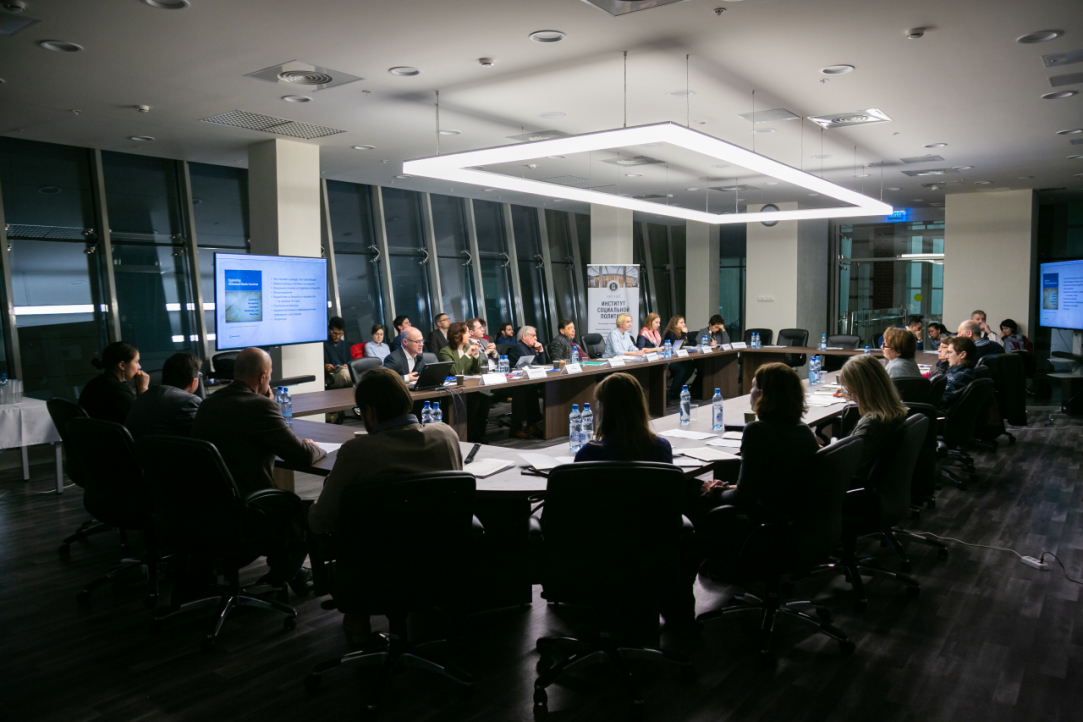
Universal Basic Income: ‘This Is the Golden Dream of Artistic Bohemians’
The book ‘Exploring Universal Basic Income. A Guide to Navigating Concepts, Evidence, and Practices’ was presented at an HSE University event, which was organized by the HSE Institute of Social Policy. During the event, participants noted the foundational nature of the publication prepared by the World Bank experts and held an emotional debate on the prospects of introducing a universal basic income.

Growing Up across Generations
Getting an education and a job, leaving the parental home and starting a family are some of the the milestones of growing up. For Russians in their thirties today, these stages do not necessarily follow a pre-set sequence and often overlap. In contrast to their parents, linear and predictable biographies are increasingly rare among Russian millennials, whose lives tend to look more like a patchwork of diverse events than a straight line. Some of these events, especially childbirth, often get postponed until later in life. For young Russians today, having children tends to be the last stage in their own transition to maturity, according to demographer Ekaterina Mitrofanova.
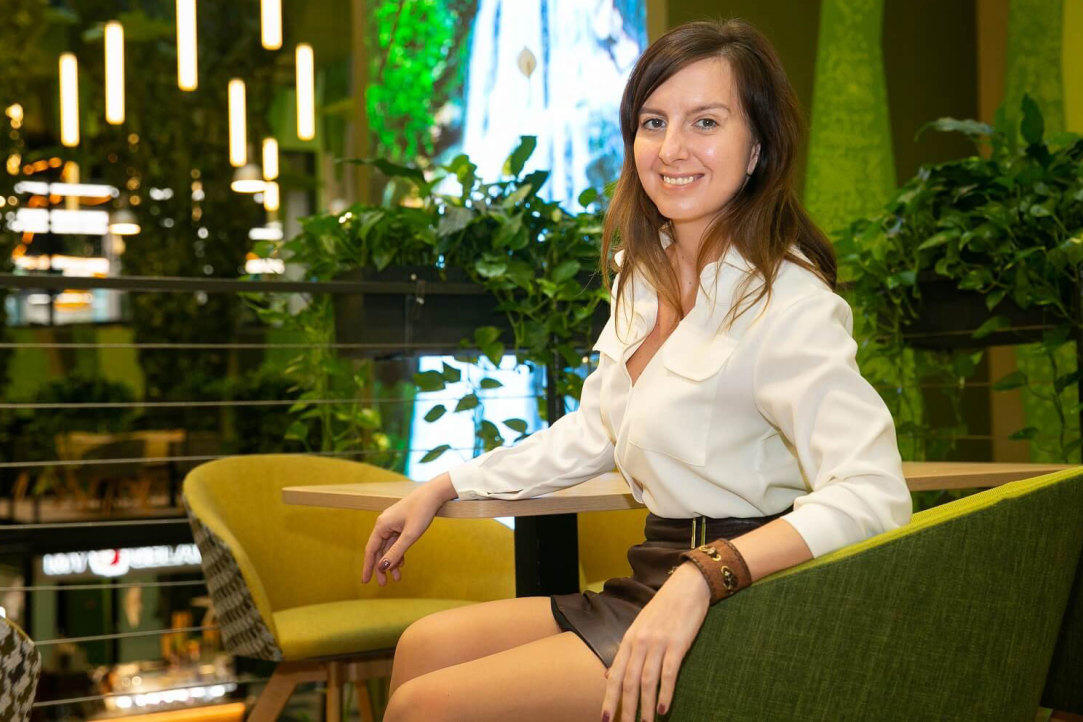
‘I Wouldn’t Worry That AI Will Replace Humans’
Ksenia Totmyanina, graduate of the HSE University Faculty of Economic Science and the current Managing Director of the Sberbank Data Research Competency Development Center, talks about the importance of case studies for students, what it feels like to be a ‘woman in IT’ and why the people at Sberbank are not afraid that artificial intelligence will replace humans.

HSE University and Rosstat Sign Collaboration Agreement
HSE University and Russia’s Federal State Statistics Service (Rosstat) will organize working groups on issues related to statistical accounting and implement several joint research projects. On February 28, HSE Rector Yaroslav Kuzminov and Rosstat Head Pavel Malkov signed a roadmap outlining the planned bilateral cooperation.
‘I Have Found Every Course Interesting in its Own Right’
Miloud Lacheheb (Algeria) is a second-year student in the ‘Applied Statistics with Network Analysis’ Master’s Programme. After earning his bachelor’s in management in Algeria and a masters’ degree in Economics in Malaysia, he decided to earn a second master’s degree and study data analysis and statistics at HSE University in Moscow.
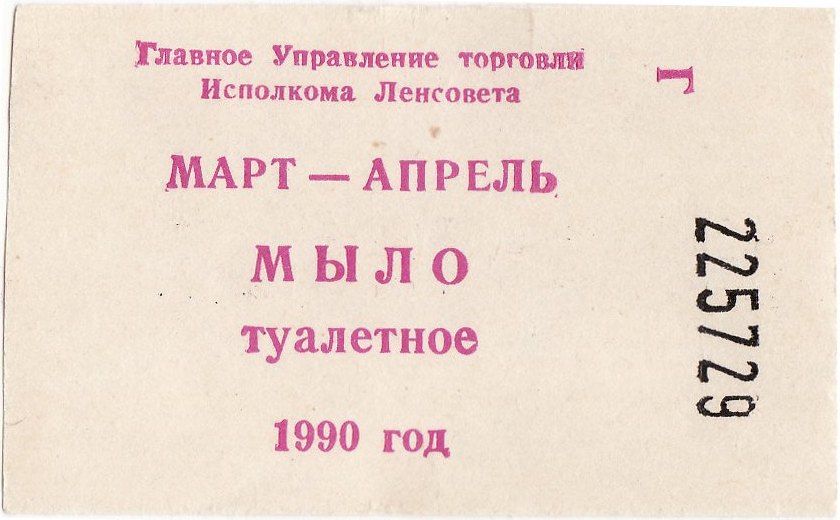
Scarcity Trauma: Why Russia in the 1990s Was not Nostalgic about Soviet Life
In 2001, ten years after the launch of reforms in Russia, 54% of Russians believed the main achievement of the reforms was the availability of consumer goods, rather than freedom of speech or the possibility of travelling abroad. A decade later, public attitudes had not changed, and the availability of goods on store shelves was still perceived as the number one priority. The massive trauma caused by scarcity was particularly strong. How it was addressed and in what way it influenced public attitudes after the USSR collapse is examined in a study by HSE professor Oleg Khlevnyuk.
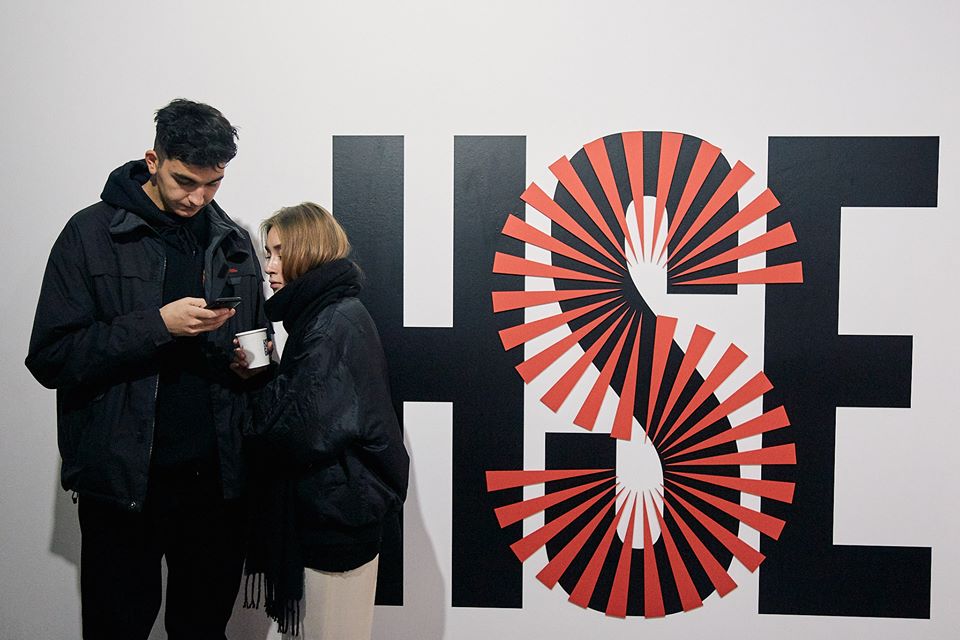
‘This Laugh Is Going to End in Tears’: Exhibition Featuring Russian Artists Opens at HSE Art Gallery
Art works by Ivan Gorshkov, Dmitry Kavka and Danini are on display at the HSE Art and Design School gallery. The exhibition will run until March 22.
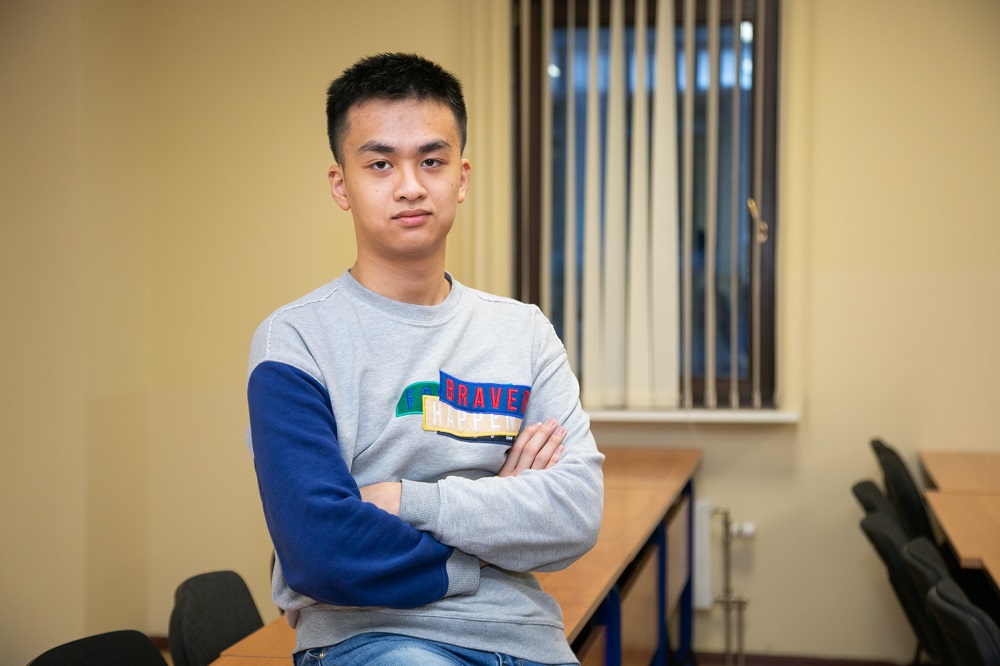
‘The Programme Gives Us Very Practical Knowledge’
Ziong Chung Hieu, from Vietnam, is the first year student of the ‘Economics and Politics in Asia’ Double Degree BA Programme which offers students a unique opportunity to pursue two degrees, one from HSE and one from Kyung Hee University. He originally enrolled in HSE’s Mathematics programme last year but soon realized that mathematics was not really close to his heart. Now, after switching majors, he is happy with his choice.

